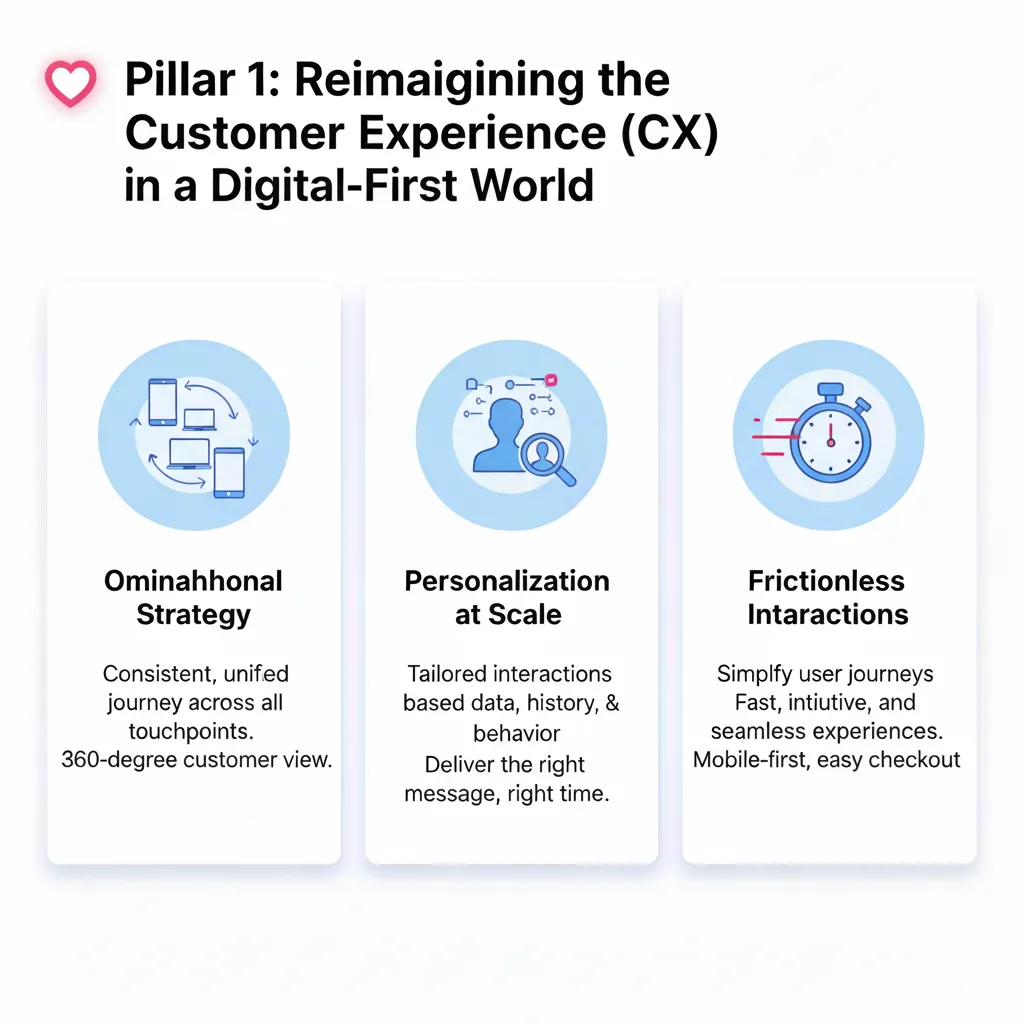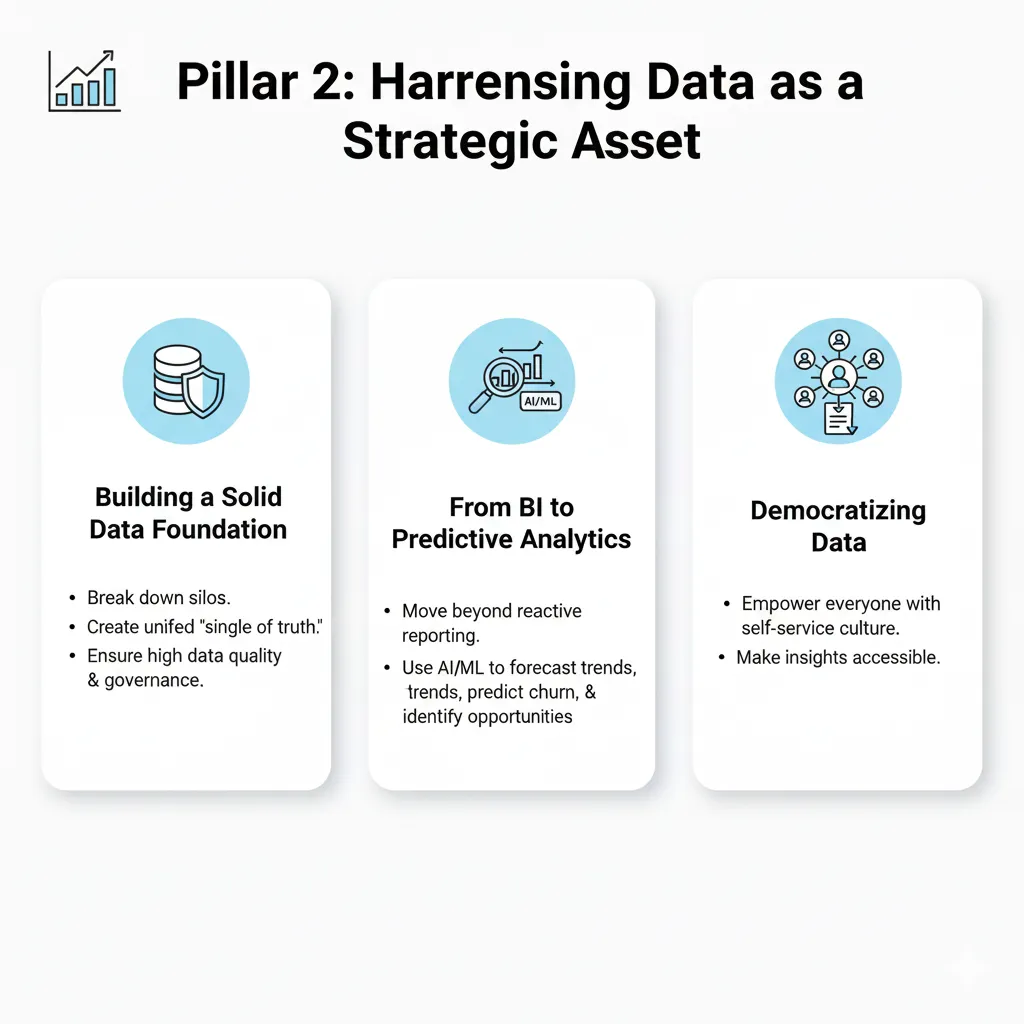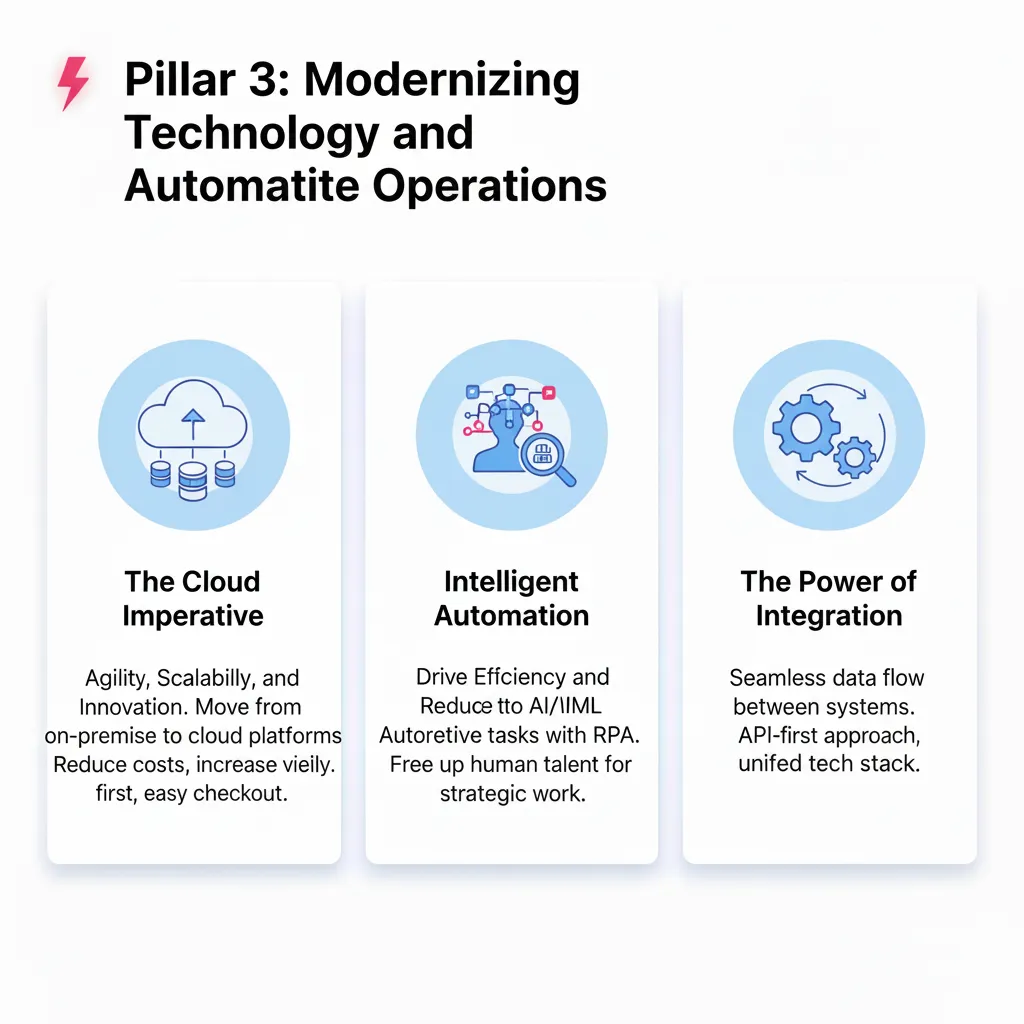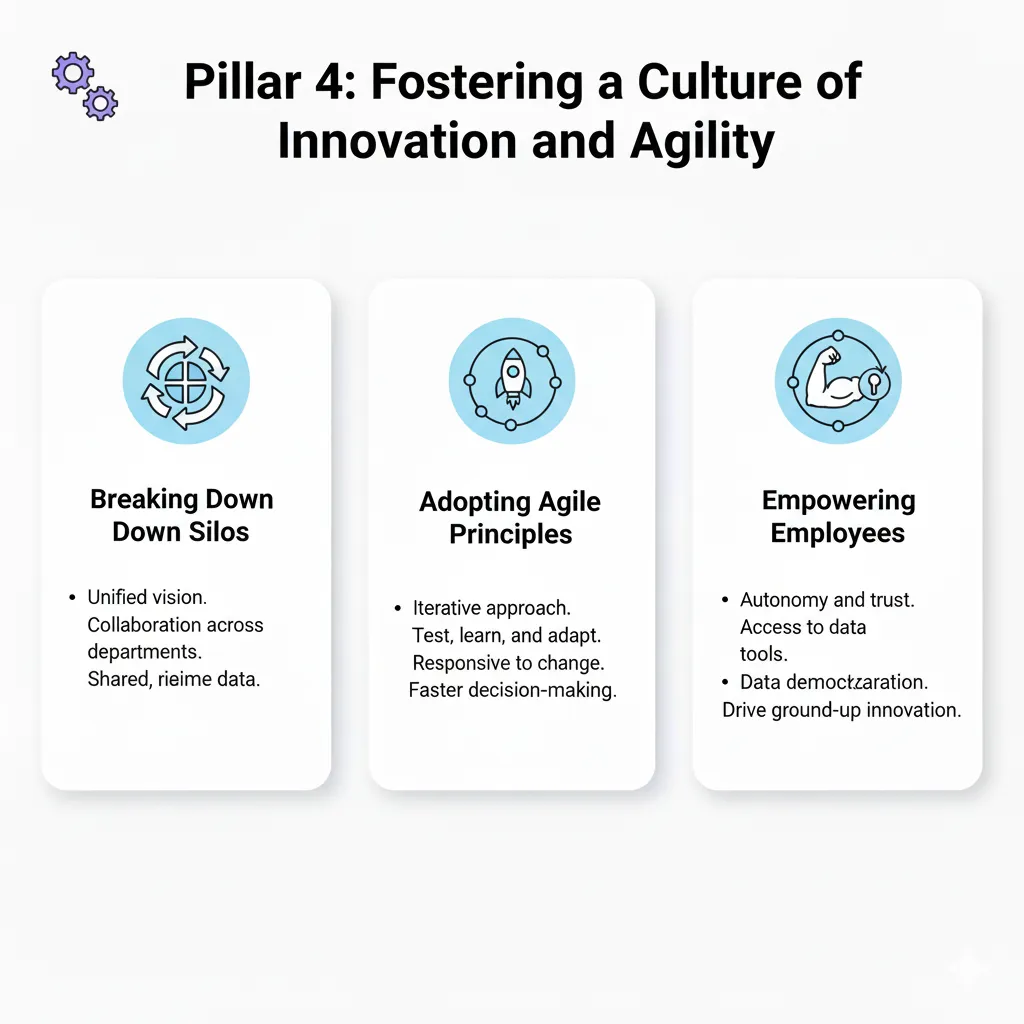
The Small Business Owner's Guide to Customer Relationship Management
Small business owners often assume that customer relationship management systems are exclusively for large enterprises with complex sales processes and dedicated IT departments. This misconception costs them significant opportunities for growth, efficiency, and competitive advantage. The reality is that small businesses often benefit more from CRM implementation than their larger counterparts because they can be more agile in adoption and see faster returns on their investment.
Why Small Businesses Need CRM More Than Anyone
Small businesses face unique challenges that make effective customer relationship management even more critical than it is for larger organizations. Limited resources mean every customer interaction must count, every lead must be nurtured effectively, and every opportunity for repeat business must be captured.
Without systematic customer relationship management, small businesses struggle with inconsistent follow-up, missed opportunities, and limited visibility into customer needs and preferences. Sales team members might duplicate efforts or fail to leverage insights that could improve customer experiences and increase sales effectiveness.
Small businesses also have inherent advantages that make CRM implementation more impactful. Shorter decision-making cycles mean faster implementation and quicker adaptation to new processes. Closer customer relationships provide richer data for personalization and improved service delivery. Lower complexity reduces the technical challenges that can complicate enterprise CRM deployments.
The Revenue Impact of Customer Relationship Management
Research consistently shows that small businesses implementing CRM systems see significant improvements in key performance metrics. Sales productivity typically increases by 30-50% as team members spend less time on administrative tasks and more time engaging prospects and customers.
Customer retention rates improve dramatically when businesses can track customer interactions, preferences, and purchase history systematically. The ability to provide personalized service based on comprehensive customer profiles leads to higher satisfaction scores and increased customer lifetime value.
Revenue per salesperson often increases by 40% or more when CRM systems provide better lead management, improved follow-up processes, and enhanced customer insights. These improvements compound over time as businesses refine their processes and leverage additional CRM capabilities.
Choosing the Right CRM for Small Business
Small businesses need CRM solutions that provide enterprise-level capabilities without enterprise-level complexity or cost. Cloud-based platforms offer the ideal balance of functionality, affordability, and ease of implementation that small businesses require.
Key evaluation criteria should include ease of use, mobile accessibility, integration capabilities, and scalability. Your team should be able to start using the system productively within days rather than weeks. Mobile access ensures that field sales teams and remote workers can access customer information and update records regardless of location.
Integration capabilities become crucial as your business grows and adds new tools and systems. Your CRM should integrate seamlessly with email platforms, accounting software, marketing tools, and other business applications to create a unified technology ecosystem.
Scalability ensures your CRM investment grows with your business rather than requiring expensive migrations as you expand. Look for platforms that offer advanced features you can grow into rather than systems you'll quickly outgrow.
Implementation Strategy for Success
Start Simple represents the most important principle for small business CRM implementation. Begin with basic contact management and sales pipeline tracking rather than trying to implement every available feature immediately. This approach ensures faster user adoption and quicker wins that build momentum for expanded usage.
Data migration requires careful planning even for small businesses. Clean and organize your existing customer data before importing it into your new CRM system. Remove duplicates, standardize formats, and ensure data accuracy to establish a solid foundation for future growth.
Team training should focus on daily workflows rather than feature overviews. Show team members how the CRM will make their specific job responsibilities easier and more effective. Role-specific training ensures everyone understands how CRM capabilities apply to their individual responsibilities.
Establish clear processes for data entry, lead assignment, and follow-up activities before launching your CRM system. These processes ensure consistent usage and data quality that maximize the value of your CRM investment.
Essential Features for Small Business Success
Contact and Lead Management forms the foundation of effective CRM usage. Comprehensive customer profiles should include contact information, interaction history, preferences, and any relevant notes that help team members provide personalized service.
Lead tracking capabilities help small businesses nurture prospects systematically rather than relying on manual follow-up that often gets overlooked during busy periods. Automated reminders ensure no qualified prospects fall through the cracks due to poor timing or oversight.
Sales Pipeline Management provides visibility into revenue opportunities and helps predict future cash flow. Small businesses benefit enormously from this predictability because it enables better resource planning and more confident decision making.
Email integration ensures all customer communications are captured and accessible to the entire team. This visibility prevents duplicate outreach and ensures everyone has context for customer interactions regardless of who initiated previous communications.
Reporting and Analytics help small business owners understand which marketing activities generate the best leads, which sales activities convert most effectively, and which customers provide the highest lifetime value. These insights enable more intelligent resource allocation and strategy development.
Automation Opportunities for Small Teams
Small businesses can leverage CRM automation to punch above their weight class by systematizing routine activities that would otherwise consume valuable team time. Lead assignment rules ensure prospects are distributed appropriately and contacted promptly without requiring manual intervention.
Follow-up automation helps maintain consistent prospect and customer communication even when team members are focused on other priorities. Automated email sequences can nurture leads over time while freeing sales team members to focus on higher-value activities.
Task automation ensures important activities like proposal follow-up, contract renewals, and customer check-ins happen consistently rather than being forgotten during busy periods. These automated reminders help small teams maintain professional, systematic customer management practices.
ROI Measurement and Optimization
Small businesses need to see clear returns on their CRM investment to justify the ongoing cost and effort. Track metrics like lead conversion rates, sales cycle length, customer acquisition cost, and customer lifetime value to quantify CRM impact.
Regular analysis of CRM usage patterns reveals optimization opportunities. If certain features aren't being used, investigate whether additional training is needed or if the features don't align with your business processes. If some team members have higher CRM adoption rates, understand what drives their success and share those practices with the broader team.
Customer feedback provides valuable insights into CRM effectiveness from the buyer's perspective. Survey customers about their experience with your sales and service processes to identify areas where better CRM usage could improve satisfaction and retention.
Growing Your CRM Capabilities
As your small business grows, your CRM usage should evolve to take advantage of more sophisticated capabilities. Marketing automation can help nurture larger prospect databases without proportional increases in marketing team size. Advanced analytics can reveal patterns and opportunities that weren't apparent when your customer base was smaller.
Integration with additional business systems becomes more valuable as operational complexity increases. Connecting your CRM to accounting, inventory, and customer service systems creates a comprehensive business management platform that scales with your growth.
The most successful small businesses view CRM as a strategic business platform rather than just a contact management tool. They use customer relationship management capabilities to build competitive advantages through superior customer experiences, more efficient operations, and data-driven decision making that larger competitors often struggle to achieve.







